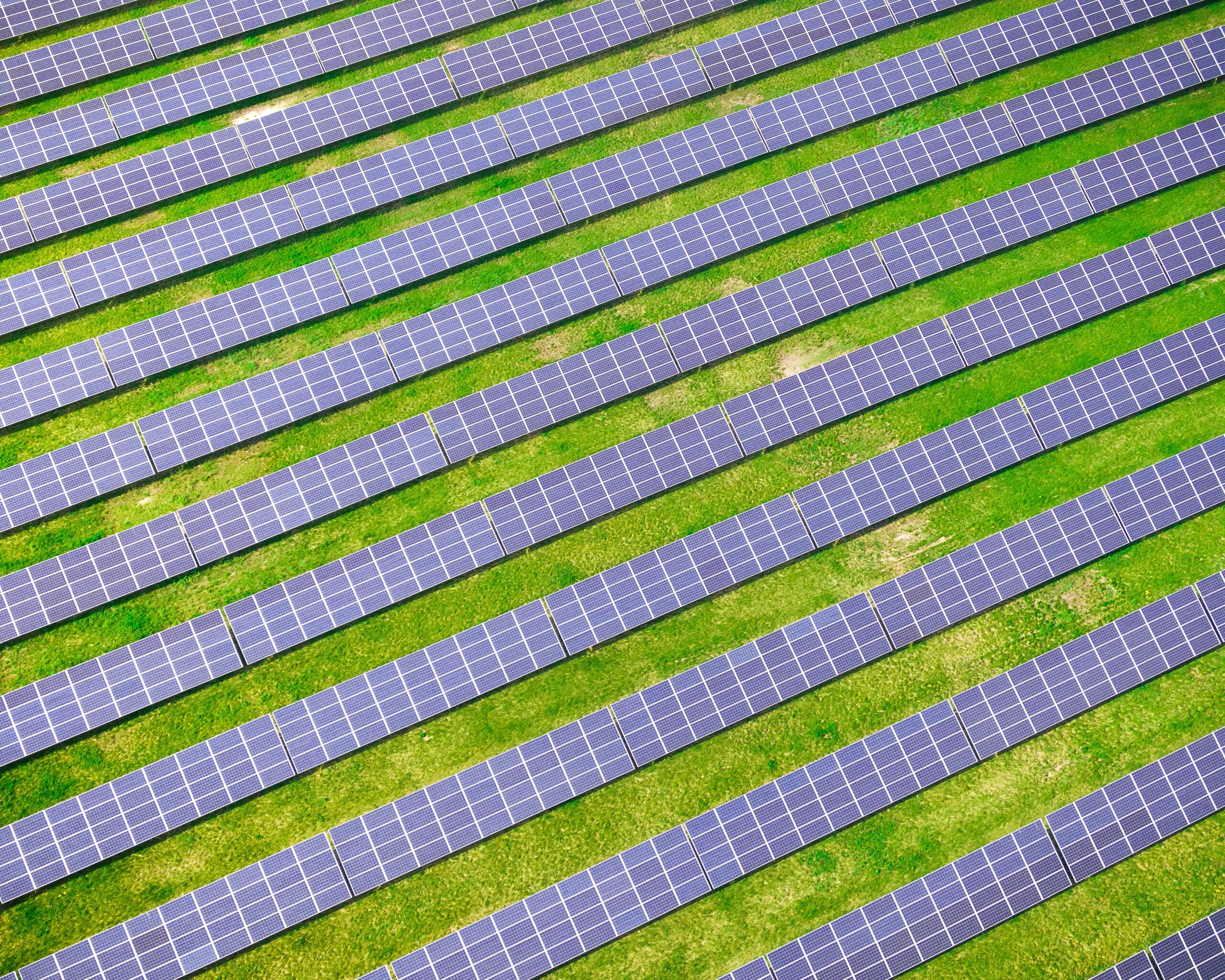
The importance of lead in the economics of solar
The use of lead in solar panels increases their reliability and longevity and passes on more energy cost savings to homeowners.

The critical transition to a carbon neutral Europe will only be achieved if sufficient amounts of non-ferrous metals, such as lead, are available. Non-ferrous metals are the building blocks of all the currently known low-carbon solutions for a decarbonised economy, including renewable energy and clean mobility.
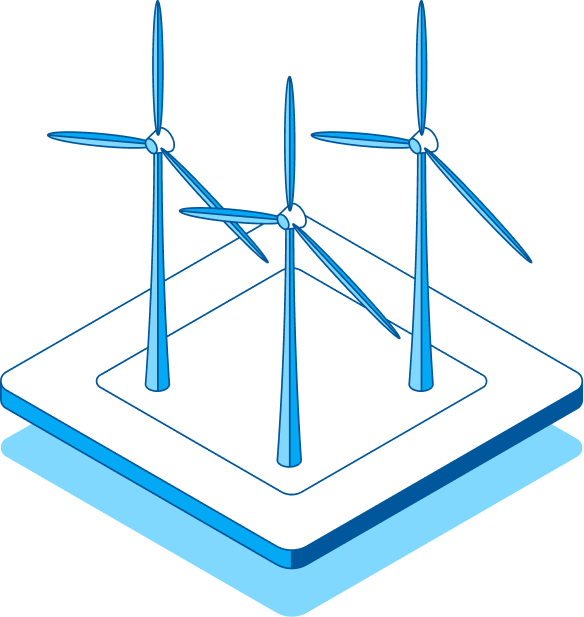

The use of lead in solar panels increases their reliability and longevity and passes on more energy cost savings to homeowners.


Internally lead-sheathed high-voltage cables are critical to linking Europe's offshore wind farms to the mainland grid.

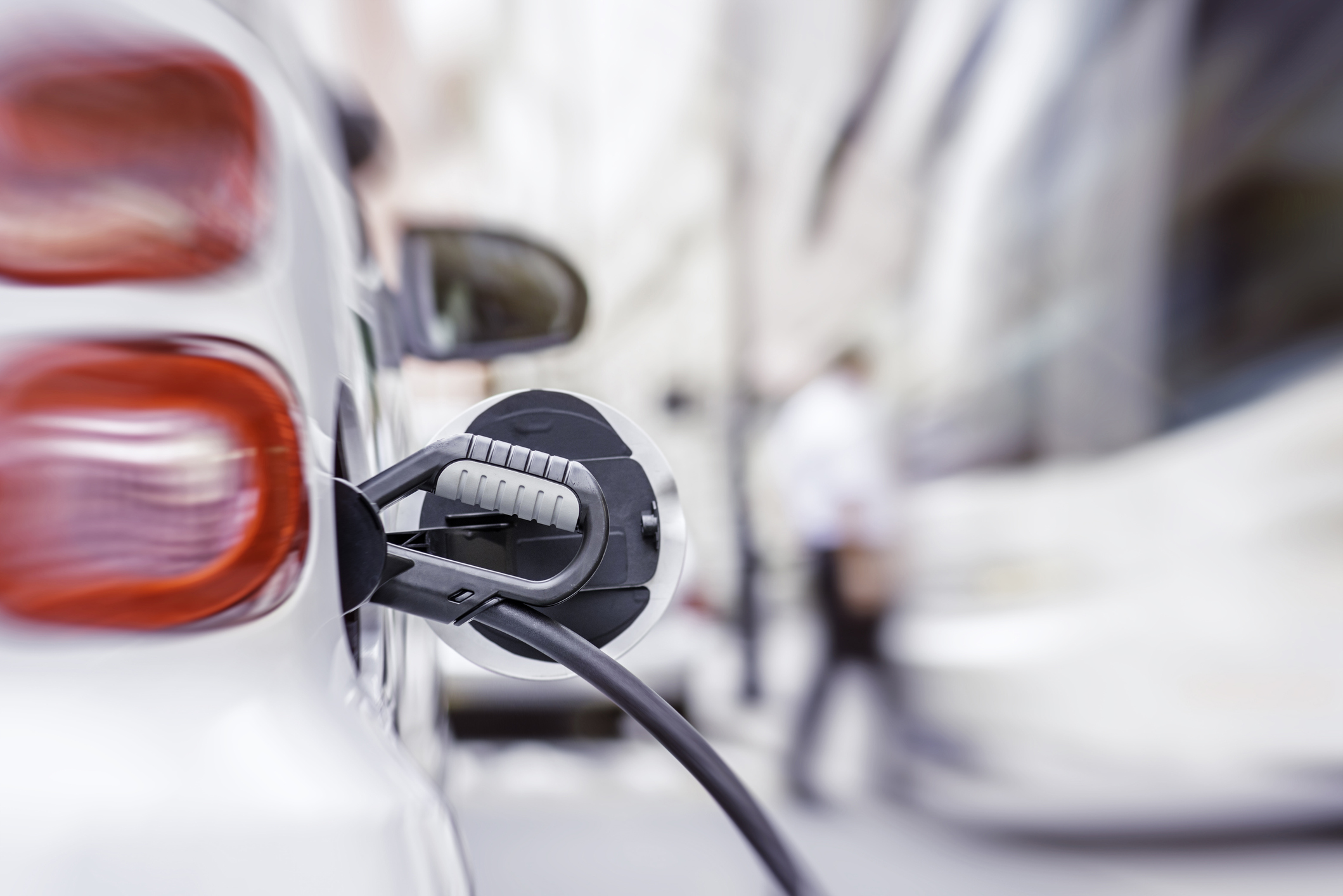
Advanced lead batteries are the only technology that can provide all the necessary performance requirements for start-stop vehicles.

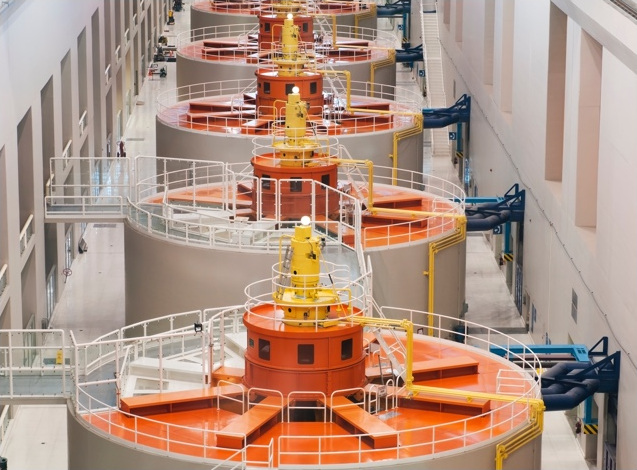
Uninterruptible power is essential for a wide range of critical services from hospitals and data centres to telecommunications systems.

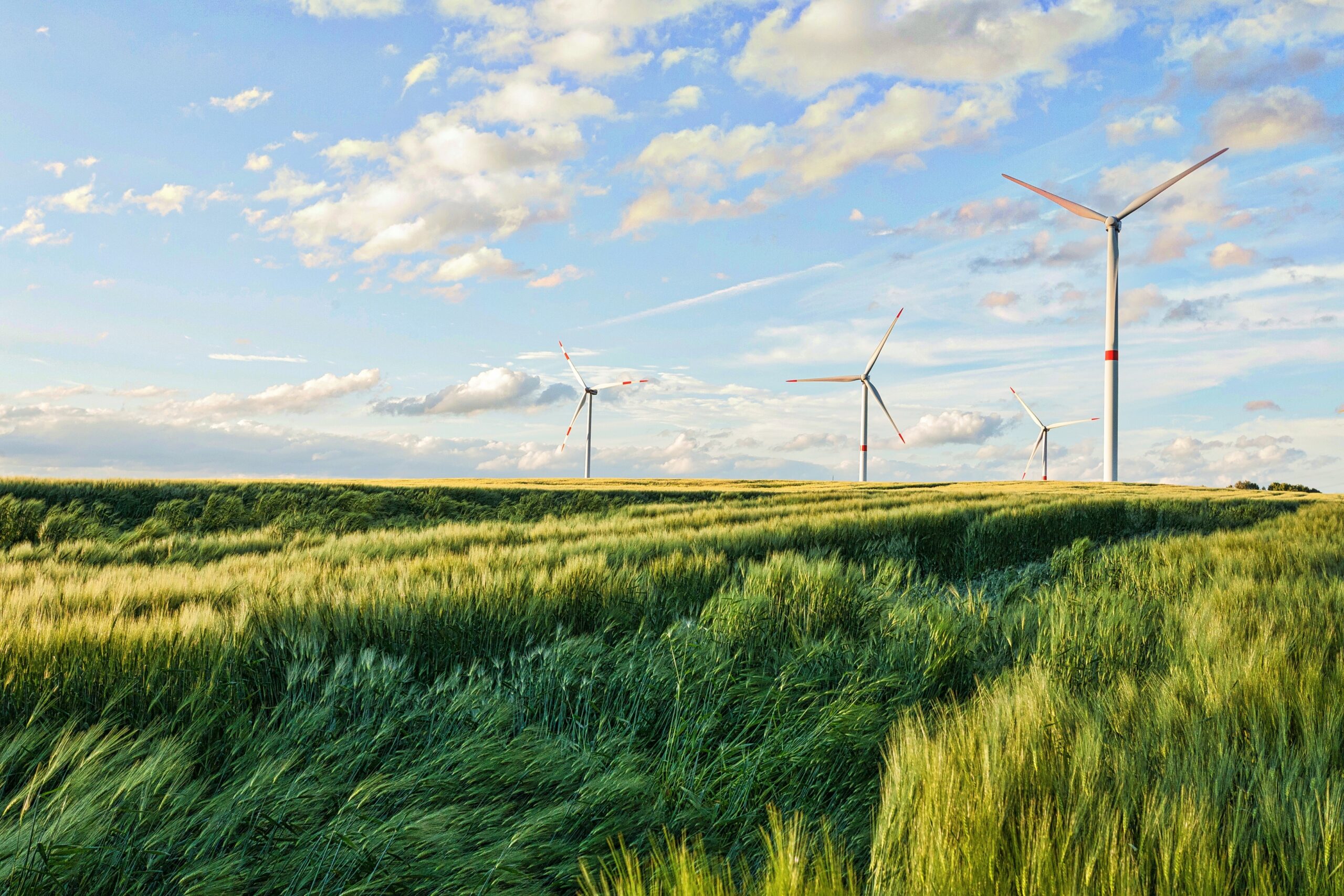
Demand for energy storage is set to triple by 2030. Advanced lead batteries play a key role in supporting renewables energy storage – balancing power grids, saving surplus energy, and integrating renewables into electricity systems.
